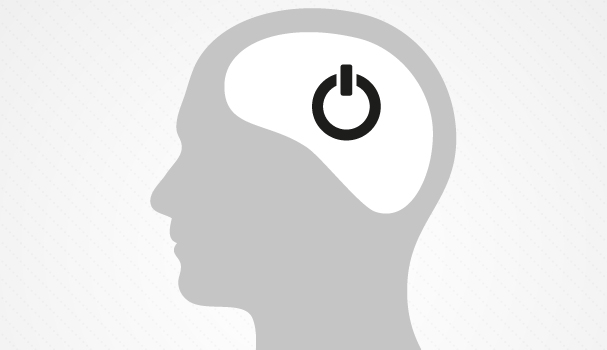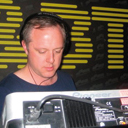As I write this, immediately in front of me I have three digital screens running. I am typing this on my laptop, researching on my tablet and answering messages and taking calls on my smartphone. And I’m not alone: according to a report by Forrester, the research firm, over 52% of workers in IT, digital and marketing use three or more devices at any one time during working hours.
There’s no doubt technology is meshed into every aspect of our lives – whether at work or play. Most business apps promise more, faster, better. Perhaps tech really is the facilitator of a more efficient workplace but it can simultaneously make us feel overwhelmed and under pressure. Technology is a fantastic enabler – but is too much tech impacting our performance during the hours that we are working? Should we be turning it off?
Even just asking this question may seem counterintuitive for a company like mine – one that is immersed in tech. Yet being more productive at work is critical for all of us, whatever business we are in.
Leaving work at work
We can all admit to taking work home with us and checking emails as we’re eating our dinner. We’ve blurred the lines between work and home and clearly become more connected.
Google’s Dublin office has instituted a policy called Google Goes Dark. All of the employees are required to leave their work devices at work and switch them off. This is a clear effort to widen the boundary that exists between home and work.
A massive 81% of us admit to interrupting a conversation, a meal or a playtime to check our social media, text messages or emails.
There are a range of issues with the amount of notifications and alerts we get from our smartphones and devices. Firstly it’s an interruption that you can’t control. Trying to think deeply while receiving tweets is a quick way to failure.
Writing an article, planning a meeting or creating a report are all pretty ineffective when your thought process is constantly broken. Multi-tasking can often be hugely ineffective – yet makes you feel like you are busy (and therefore satisfied).
I’ve been very influenced by a book called The Power Of Less, which advocates that you should focus on less to achieve more. One of the big themes of this book is trying to ringfence dedicated time to focus on a task, and helping that by checking email only once or twice a day.
Yet over and above your personal focus, there is the other question of etiquette: should we be checking our devices at all when in a meeting or work lunch? It can come across as disrespectful if you’re engaging with your phone more than your lunch companion.
There is a now-infamous game – The Phone Game – which I may suggest as a policy for all Techdept meetings. The game was designed for people out for dinner with friends. You stack all your phones on the table, and the first one to pick theirs up pays for dinner.
This may sound frivolous but it makes a serious point – when with people (for work or play) you should be focused on the present, on the moment between people. Great ideas come from collaboration between individuals and if focus is continually lost, you lose the impact of that group interaction.
The challenge is that social media is such an integrated aspect of our lives that the inevitable proximity of our smartphones means that the temptation to answer any ring, ping or ding entails some serious self-discipline.
Pressing the off switch
According to recent research, one in three British workers suffers from poor sleep as we are consuming all this information – mostly from devices held in front of our faces. It has been found that the blue element of light emitted by screens could be linked to increased risk of sleep disorders. Exposure to the light from the screens may reduce the production of melatonin, the hormone the brain produces in response to the dark that helps us to regulate the internal clock; thus making it more difficult to sleep.
“If you regularly get less than seven hours of sleep, you’re not at your best,” says Thomas Balkin, PhD, director of behavioural biology at the Walter Reed Army Institute of Research. “The less sleep you get, the worse you do.”
Is the answer to a tech problem more tech?
F.lux is a program that automatically adjusts the hues on computer screens to help combat the ‘blue light’ problem. As the company puts it, “f.lux fixes this: it makes the colour of your computer’s display adapt to the time of day: warm during the night and like sunlight throughout the day.”
The other option is to go analogue and invest in a pair of Uvex S1933X Skyper safety eyewear SCT-Orange UV Lens, available on Amazon for only £9. They block the blue light emitted by screens irrespective of its source so may be an interesting experiment in reducing light problems from your devices.
But to be honest, do you want to lay in bed reading your iPad wearing a pair of Ali G glasses? No I don’t either. I’d prefer to turn off the device and talk to my missus instead.
When you’re at work – work
Technology is so integrated into our lives that we have to find ways for it to enable, not interrupt, our days – whether writing a report or talking to friends over a coffee.
Remember you have the ultimate power to control your working day: the off switch.
It’s time to rebalance our relationship with our devices, social networks and messaging apps. They should be working for us – not us working for them. ![]()
Share via:


















































